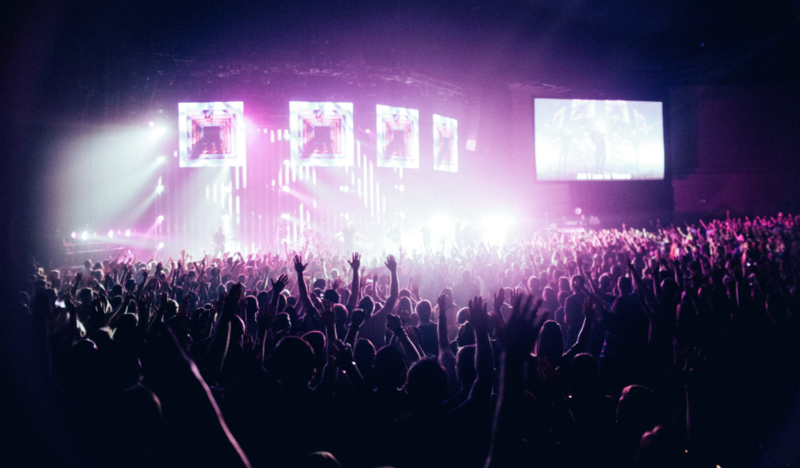In the last few days, a new song featuring Drake and the Weeknd racked up over 600,000 Spotify streams and 15 million views on TikTok. The only problem? The artists didn’t make it.
What happened: “Heart on My Sleeve,” which features the soothing and recognizable vocals from arguably two of the biggest Canadian music artists, was removed from TikTok, Spotify, and YouTube for “infringing content created with generative AI,” per Billboard.
- One TikTok user said it was the “first AI song that has actually impressed me” and another said the mystery AI artist “put out better Drake songs than Drake himself.”
- Grammy-winning DJ and producer David Guetta has documented how he created a new Eminem song in an hour, using ChatGPT for lyrics and Uberduck for vocals.
Why it matters: The success of the song, though shortlived, highlights the concerns over the impact of AI on the music industry. Last week, Universal Music Group asked Spotify and other streamers to block AI companies from accessing its songs to “train” their machines.
- For Big Music, billions of dollars in revenue from their libraries of music and artists are threatened by the efficiency of AI-generated music production.
- UMG told Billboard it “demonstrates why platforms have a fundamental legal and ethical responsibility to prevent the use of their services in ways that harm artists.”
Yes, but: AI and legal experts say it’s not that easy. You can’t block access to content, and rules dictating what AI can and can’t train on don’t exist yet. The power sits with the world’s regulatory bodies that handle copyright, but whether they can keep up is another question.—SB
